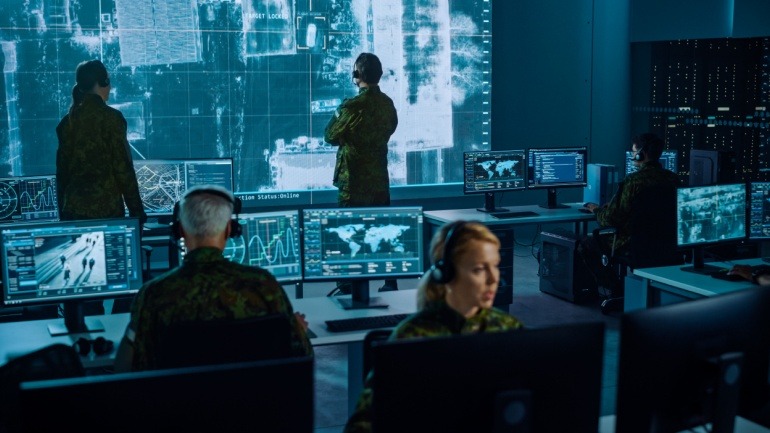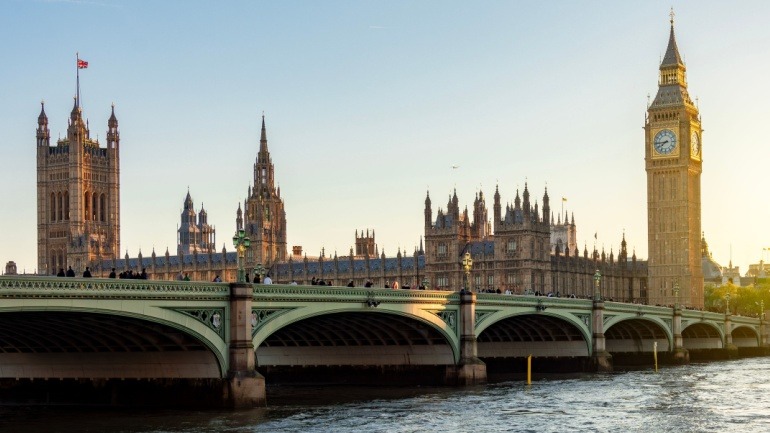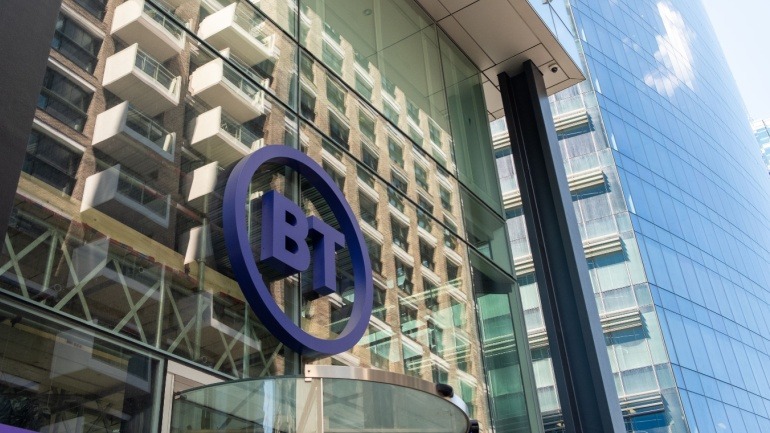The UK government is stepping up its cybersecurity efforts by establishing a new dedicated cyber command. This unit, spearheaded by Defence Minister John Healey, will handle offensive operations to counteract state-sponsored cyber threats. It reflects an assertive shift in Britain’s defense strategy, allocating £1 billion towards artificial intelligence and a specialized hacking team.
The UK’s Ministry of Defence reported 90,000 cyberattacks in two years, doubling since 2023. Healey described this as a time of “continual and intensifying” cyber warfare, reinforcing the need for this proactive stance. The plan includes the Cyber and Electromagnetic Command, intended to enhance both offensive and defensive capabilities with its ‘kill web’—a system designed to integrate military technologies for rapid decision-making during combat.
This initiative ties into ongoing efforts led by the National Cyber Force, a collaboration between GCHQ and the MoD. This force will now coordinate closely with the Cyber and Electromagnetic Command. Although cybersecurity measures are not new to the UK, this synchronization represents a significant evolution in approach.
However, concerns about escalating threats to national infrastructure remain. According to cybersecurity firm SonicWall, attacks involving tactics like identity theft and ransomware pose a severe risk to sectors like healthcare and utilities. As government and public sector IT systems aging, resilience is crucial. A report indicated a substantial portion of IT systems relies on outdated technology, increasing vulnerability.
Additionally, Richard Horne from the National Cyber Security Centre highlighted a significant rise in cyberattacks. As these threats intensify, ensuring that infrastructure is fortified becomes paramount. The introduction of the ‘kill web’, linking systems across the RAF, British Army, and Royal Navy, is expected by 2027.
Beyond cyber capabilities, the new command will apply expertise in electromagnetic warfare to disrupt enemy operations by intercepting communications and electronic signals. Healey emphasized the importance of better connectivity and faster innovation within military forces. With General James Hockenhull at the helm, it’s anticipated that these strengthened cyber defenses will also bolster economic stability.







